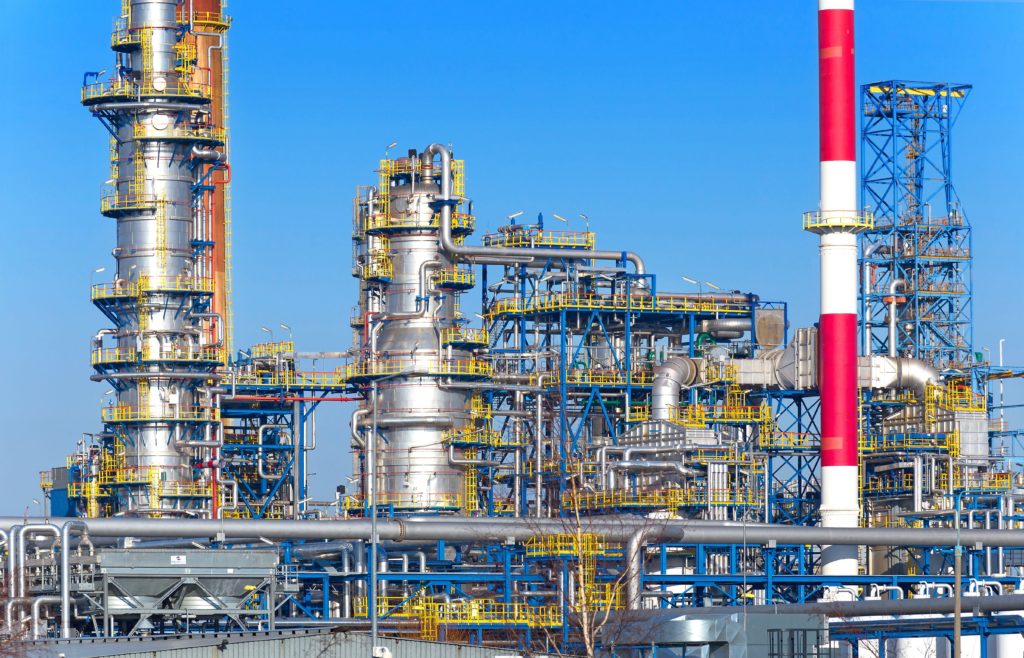TASHKENT
Uzbekistan plans to launch its new $2.5 billion gas chemical complex in the fourth quarter of 2023 to provide domestic industry with olefinic hydrocarbons, a vital raw material.
The project is based on methanol-to-olefin (MTO) technology and is set to deliver 2,300 new jobs and $2 billion in tax revenue. A Free Economic Zone to support the industrial complex was established in Karakul district of the Bukhara region, the Energy Ministry said.
The MTO technology has no direct competitors in the CIS region. When complete, the complex will greatly accelerate Uzbekistan’s import substitution, economic diversification, and also the development of related domestic industries.
“Uzbekistan is confidently following the path of expanding capacities for deep processing of natural gas, which will allow even deeper diversification of the country’s economy. And the new petrochemical plant using MTO technology is a prime example,” Alisher Sultanov, the energy minister, told the business forum in the capital Tashkent.
“The export of gas as a cheap raw material is replaced by the creation of products with high added value through deep processing of hydrocarbon raw materials. The creation of such products on the basis of domestic natural gas will not only meet the needs of the country, but also significantly increase the flow of currency to Uzbekistan in comparison with raw material exports.
In June, the four-party memorandum on financing the project was inked between Jizzakh Petroleum JV JSC, Russia’s Gazprombank, VEB.RF state development corporation, Russian Agency for Export Credit and Investment Insurance (EXIAR).
The project partners are now looking for additional investment and holding talks with Chinese banks, MTO GCC press service told the Tribune.
The complex will have a production capacity of 720,000 tonnes of finished polymer products –- enough to satisfy all domestic demand. The facility will produce diverse products from the core inputs of ethylene and propylene, which will substitute various raw materials currently being imported, and contribute significantly to Uzbekistan’s economic growth.
Over 70 percent of the plant’s production will be sold on the domestic market, enabling Uzbekistan’s industry to satisfy domestic demand and also export various raw materials to CIS countries, China, Turkey, and South-East Asian nations.
Supported by the technology of Chemtex Global Corporation (China), the plant will produce polyethylenterephthalat (PET). PET is a polymer much in demand, used in the textile and food industries. One of its production inputs, monoethylene glycol, produced with the technology of the company Scientific Design Company Inc. (US), will fulfil demand for hydraulic fluids/solvents production, plus antifreeze.
In another first for Uzbekistan, and in collaboration with Versalis S.p.A., a subsidiary of Eni S.p.A. (Italy), low-density polyethylene will be produced with a tubular reactor under ultra-high pressure. This technology allows one unit to consistently produce two types of end products – low-density polyethylene and ethylene-vinyl acetate.
Low-density polyethylene is a vital material in many industries, including agriculture, food and pharmaceuticals. Ethylene-vinyl acetate is unique to Uzbekistan’s market and the wider CIS region. It also has many different uses, but is in high demand especially in the production of solar panels.
Polypropylene production will take place in collaboration with W. R. Grace & Co. (US), a world leader in this field. Polypropylene is a versatile and important raw material, used in the textile, pharmaceuticals, electrical engineering, and automotive industries.
The MTO plant will seek to minimise the project’s impact on the environment. Environmental standards compliance will be monitored and confirmed by internationally recognised environmental consultants, Mott MacDonald Group Limited (UK).
The Free Economic Zone (FEZ) in the Karakul area offers domestic and foreign producers tax exemptions and permission to conduct business in foreign currencies. Uninterrupted energy supply, partly from renewable sources, is guaranteed.
After decades during which it viewed foreign investment as a threat, Uzbekistan is on a path to reforming its economy and opening it for business. President Shavkat Mirziyoyev, who succeeded longtime leader Islam Karimov after his death in 2016, has made attracting foreign investors one of his top priorities.

